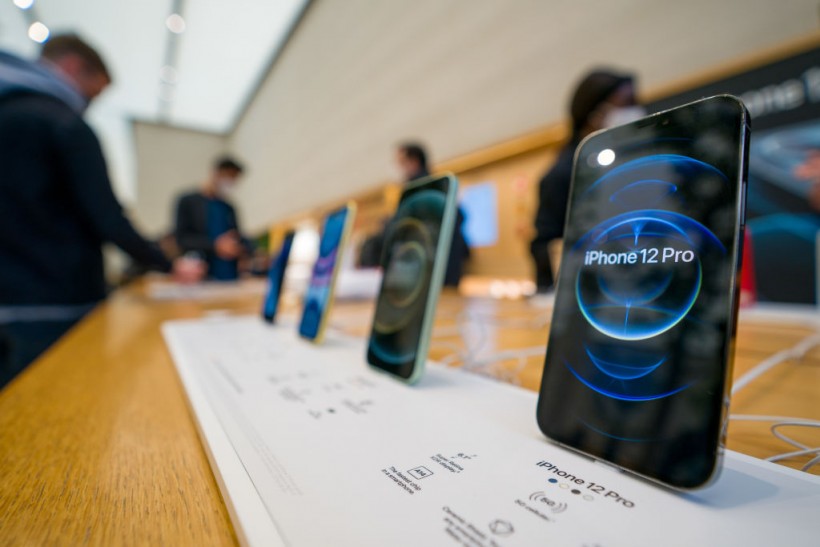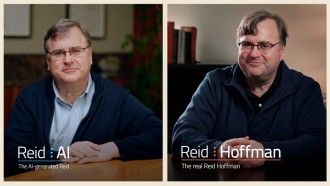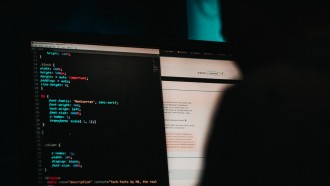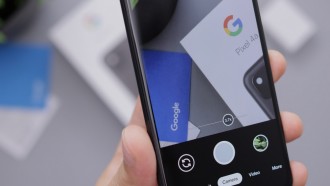Due to allegations that the iPhone 12 violated European radiation exposure restrictions, French watchdog Agence Nationale des Fréquences (ANFR) has banned sales of the device in France, sparking controversy for Apple. The incident is also being watched by BNetzA, Germany's network authority.
Apple has defended the iPhone 12 model, claiming that it complies with all applicable radiation guidelines and disputing the conclusions of the French regulator.

(Photo: Ming Yeung/Getty Images)
The new iPhone 12 and iPhone 12 Pro were on display during launch day on October 23, 2020, in London, England.
Problem at Hand
After testing showed that the iPhone 12's Specific Absorption Rate (SAR) exceeded the permitted limit, the ANFR ruled that sales of the device must stop in France. While qualified laboratories recorded a SAR of 5.74 watts per kilogram, the European standard mandates a limit of 4.0 watts per kilogram.
When held directly to the head during a call while being carried in a jacket pocket or backpack, the iPhone 12 met SAR criteria.
Read Also: Apple Plans to End Social Media Customer Support via X, YouTube
Unproven Health Concerns
As legal restrictions are set well below the thresholds where scientific proof of damage has been demonstrated, experts have certified that the SAR levels of the iPhone 12 do not pose any safety issues. Numerous studies conducted over the past 20 years have established that using mobile phones, including the iPhone 12, has no negative consequences on one's health.
Radiofrequency electromagnetic fields from mobile phone use were identified as possibly carcinogenic by the International Agency for Research on Cancer (IARC) in 2011. This categorization, which does not just apply to mobile phones, requires more study and covers things like aspartame, aloe vera extract, and several pickled vegetables.
France's Proposition
Jean-Noel Barrot, France's junior minister for the digital economy, hypothesizes that a software update might fix the radiation problem with the iPhone 12. In the event that Apple doesn't answer within two weeks, he is prepared to force the recall of every iPhone 12 handset, even those produced by IT behemoths like Apple.
The evaluation is based on direct skin contact without the use of textile layers, according to Professor Rodney Croft, head of the International Commission on Non-Ionizing Radiation Protection (ICNIRP), who has disputed the French results on SAR limits. SAR limitations are already five times lower than the threshold for danger under ICNIRP standards.
Jean-Noel Barrot, France's junior minister for the digital economy, hypothesizes that a software update might fix the radiation problem with the iPhone 12. In the event that Apple doesn't answer within two weeks, he is prepared to force the recall of every iPhone 12 handset, even those produced by IT behemoths like Apple.
Related Article: Apple Claims 99% Satisfaction Rating From iPhone 14 Users Despite Being 'Statistically Impossible'






